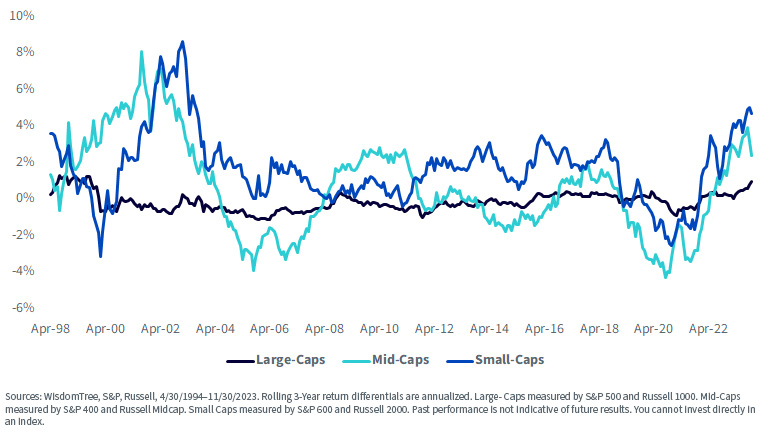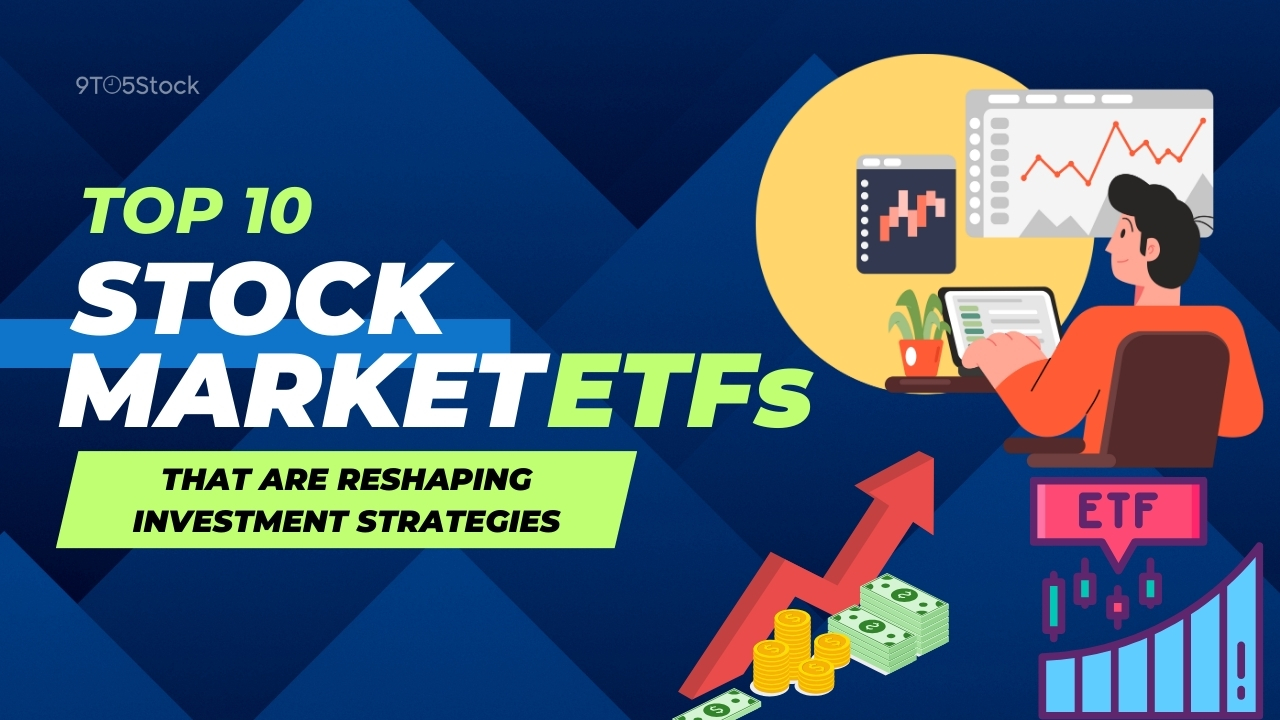Introduction
Investing in the stock market has always been a game of risk and reward. With the rise of Exchange-Traded Funds (ETFs), investors now have access to diversified portfolios without the hassle of managing individual stocks. Let’s delve into the world of ETFs and explore the top 10 stock market ETFs that are changing the way investors approach their investment strategies.
Understanding ETFs
What is an ETF?
An ETF, or Exchange-Traded Fund, is a type of investment fund that trades on stock exchanges, similar to stocks. It typically holds assets such as stocks, commodities, or bonds and aims to track the performance of a specific index.
Importance of ETFs in Investment
ETFs have gained popularity among investors due to their various benefits, including diversification, cost-effectiveness, and ease of trading.
Why Invest in ETFs?

Diversification Benefits
Diversification is a key strategy in investment to spread risk across different assets. ETFs offer diversification benefits by holding a basket of securities within a single fund.
Access to Different Markets
ETFs provide exposure to various markets, including domestic and international stocks, bonds, commodities, and even sectors like technology or healthcare.
Risk Mitigation
By investing in a diversified ETF, investors can reduce the impact of volatility in individual stocks or sectors, thus mitigating overall portfolio risk.
Cost-Effectiveness
ETFs are known for their cost-effectiveness compared to other investment options like mutual funds or individual stocks.
Lower Expense Ratios
Most ETFs have lower expense ratios compared to mutual funds, making them an attractive option for cost-conscious investors.
No Minimum Investment Requirement
Unlike mutual funds, which often require a minimum investment, ETFs can be bought and sold in the market at any time during trading hours, making them accessible to investors with any budget.
Top 10 Stock Market ETFs

1. SPDR S&P 500 ETF (SPY)
Overview
SPY is one of the oldest and most popular ETFs, tracking the performance of the S&P 500 index, which represents the 500 largest publicly traded companies in the United States.
Performance Analysis
SPY has historically provided investors with exposure to the broad U.S. stock market and has delivered competitive returns over the long term.
2. Invesco QQQ Trust (QQQ)
Overview
QQQ tracks the Nasdaq-100 index, which comprises the largest non-financial companies listed on the Nasdaq stock exchange.
Sector Allocation
QQQ has significant exposure to technology, consumer discretionary, and healthcare sectors, making it an attractive option for investors seeking growth opportunities in these industries.
3. Vanguard Total Stock Market ETF (VTI)
Overview
VTI aims to track the performance of the CRSP US Total Market Index, providing investors with exposure to the entire U.S. stock market, including large, mid, small, and micro-cap stocks.
Portfolio Composition
VTI holds thousands of stocks across various sectors, offering investors broad diversification within a single fund.
4. iShares Russell 2000 ETF (IWM)
Overview
IWM tracks the Russell 2000 index, which consists of small-cap stocks in the United States.
Small-Cap Exposure
IWM provides investors with exposure to the potential growth of small-cap companies, which can outperform larger companies over the long term.
5. Schwab U.S. Broad Market ETF (SCHB)
Overview
SCHB seeks to track the performance of the Dow Jones U.S. Broad Stock Market Index, providing investors with exposure to the entire U.S. stock market.
Low-Cost Advantage
SCHB offers a low expense ratio, making it an attractive option for cost-conscious investors seeking broad market exposure.
6. iShares Core S&P Mid-Cap ETF (IJH)
Overview
IJH aims to track the performance of the S&P MidCap 400 index, which represents mid-cap stocks in the United States.
Mid-Cap Growth Potential
IJH provides investors with exposure to mid-sized companies with the potential for growth, offering a balance between large-cap stability and small-cap growth.
7. Vanguard Dividend Appreciation ETF (VIG)
Overview
VIG focuses on companies that have a history of increasing their dividends consistently over time. It tracks the performance of the NASDAQ US Dividend Achievers Select Index, which includes companies with a strong track record of dividend growth.
Dividend Growth Strategy
VIG’s investment strategy focuses on companies that have the potential to sustain and grow their dividends over the long term. By investing in dividend-paying stocks, investors can benefit from both income generation and potential capital appreciation.
8. iShares MSCI Emerging Markets ETF (EEM)
Overview
EEM provides exposure to emerging market economies worldwide, including countries like China, India, Brazil, and South Africa.
Emerging Market Exposure
Investing in emerging markets offers investors the opportunity to capitalize on the growth potential of developing economies. However, it also comes with higher volatility and risk compared to developed markets.
9. ARK Innovation ETF (ARKK)
Overview
ARKK is managed by ARK Invest and focuses on disruptive innovation across various sectors, including technology, healthcare, and fintech.
Focus on Innovation
ARKK invests in companies that are at the forefront of technological innovation and disruptive trends. By focusing on innovative companies, ARKK aims to generate above-average returns over the long term.
10. WisdomTree U.S. Quality Dividend Growth ETF (DGRW)

Overview
DGRW focuses on dividend-paying stocks with growth potential and strong fundamentals. It tracks the performance of the WisdomTree U.S. Quality Dividend Growth Index.
Quality Dividend Stocks
DGRW invests in companies with a history of growing dividends and solid financials. By focusing on quality dividend-paying stocks, DGRW aims to provide investors with stable income and potential capital appreciation.
Conclusion
ETFs have become a cornerstone of modern investment portfolios, offering investors diversification, cost-effectiveness, and access to various markets and sectors. The top 10 stock market ETFs mentioned above represent a diverse range of investment options, catering to different investment objectives and risk profiles. However, it’s essential for investors to conduct thorough research and due diligence before investing in any ETF to ensure alignment with their investment goals and risk tolerance.
Must Read:
Top Strategies for Successful Stock Market Investment
Top 5 Green Energy Stocks That Will Power Your Portfolio to Success!
Sneaky Stock Market Scams You Need to Know About and How to Dodge Them (2024)
Exploring Different Trading Strategies: Swing, Scalping, and More
Investing Made Easy: Top Stock Market Apps for Beginners in 2024
FAQs
Are ETFs better than individual stocks?
ETFs offer diversification benefits and are generally less risky than individual stocks. However, the suitability of ETFs versus individual stocks depends on an investor’s specific goals and risk tolerance.
How often should I rebalance my ETF portfolio?
The frequency of portfolio rebalancing depends on your investment strategy and goals. Some investors rebalance annually, while others do it quarterly or even monthly to maintain their desired asset allocation.
Can I lose all my money in an ETF?
While it’s unlikely to lose all your money in an ETF, like any investment, ETFs carry inherent risks. Factors such as market volatility, economic downturns, and fund-specific risks can lead to losses in ETF investments.
What are the tax implications of ETF investing?
ETFs are generally tax-efficient investment vehicles compared to mutual funds due to their unique structure. However, investors may still incur capital gains taxes when selling ETF shares at a profit.
Can ETFs go bankrupt?
ETFs themselves do not go bankrupt. However, individual ETFs can close if they fail to attract enough assets or if the underlying index becomes obsolete. In such cases, investors typically receive cash or shares of another ETF as compensation.
Disclaimer: The information provided in this article is for educational and informational purposes only and should not be considered as financial advice. Investing in ETFs involves risks, including the potential loss of principal. Before making any investment decisions, it is essential to conduct thorough research and consult with a qualified financial advisor to assess your individual financial situation, risk tolerance, and investment objectives.
The performance of ETFs mentioned in this article may vary, and past performance is not indicative of future results. Additionally, market conditions and economic factors can impact the performance of ETFs, and investors should be prepared for fluctuations in the value of their investments. Any investment involves risks, and investors should carefully consider their investment goals and risk tolerance before investing in ETFs or any other financial products.
Hello guys! My name is David Wilson, and I'm a passionate stock market enthusiast and the founder of 9to5Stock. With a deep understanding of market dynamics and a commitment to empowering others, I share valuable insights, strategies, and updates to help investors like you make informed decisions and achieve financial success. Welcome to our community, and let's thrive together in the world of investing!
